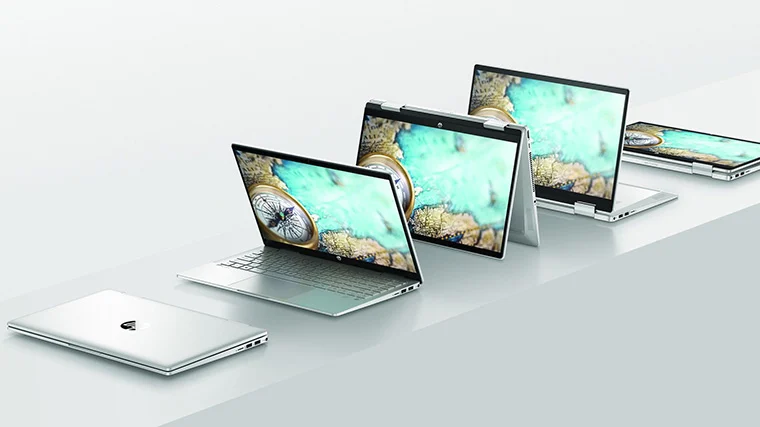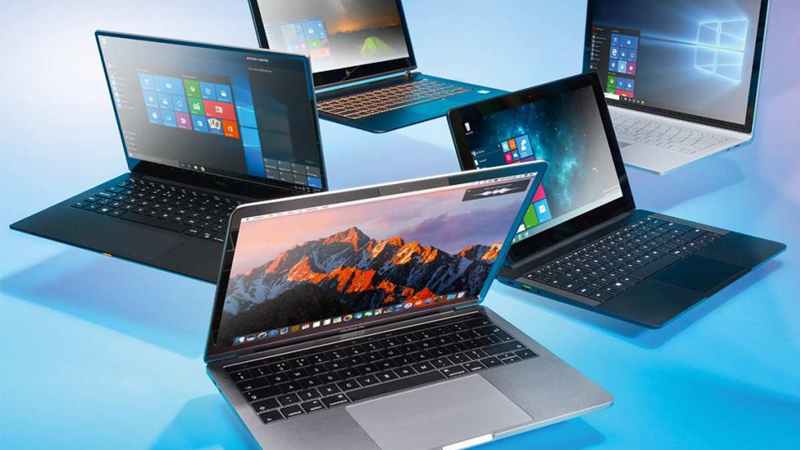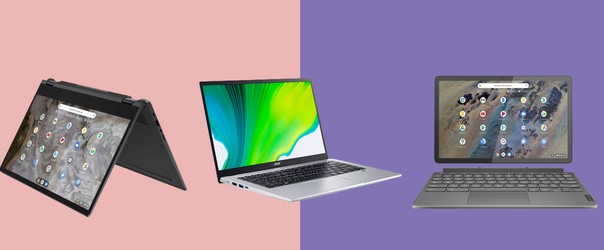In the rapidly evolving world of technology, choosing the right laptop is crucial. With numerous brands vying for attention, each offering unique features and specifications, it can be challenging to determine which one suits your needs best. In this guide, we’ll delve into the best laptop brands of 2024, providing insights to help you make an informed decision.
Apple: The Epitome of Innovation
Strengths: Apple continues to lead the pack with its innovative approach to design and technology. The MacBook series is renowned for its sleek aesthetics, high-resolution Retina displays, and powerful performance. The integration of Apple’s custom M-series chips ensures a seamless user experience.
Weaknesses: While Apple laptops are revered for their performance, they often come with a premium price tag. Limited customization options can be a drawback for users who prefer more flexibility in their device configurations.
Dell: Affordability and Customization
Strengths: Dell laptops are known for striking a balance between performance and affordability. The XPS series, in particular, offers powerful processors and vibrant displays. Dell provides extensive customization options, allowing users to tailor their laptops to specific requirements.
Weaknesses: Some users may find Dell’s design choices more conservative compared to other brands. Additionally, while base models are budget-friendly, higher-end configurations can be relatively expensive.

Laptop Brands in 2024
HP: Versatility Across Budget Ranges
Strengths: HP laptops cater to a broad audience with their diverse lineup. From the sleek Spectre series to the budget-friendly Pavilion models, HP offers versatility. Many HP laptops feature high-quality displays, and the brand is known for innovations such as the HP Spectre x360’s 2-in-1 design.
Weaknesses: Certain HP models may lack the premium build quality found in competitors. Battery life can vary, so it’s essential to consider specific models for optimal performance.
Lenovo: Balancing Performance and Portability
Strengths: Lenovo strikes a balance between performance and portability. The ThinkPad series is synonymous with business laptops, known for their robust build quality and reliable performance. Lenovo’s Yoga series offers 2-in-1 functionality, combining versatility with powerful specifications.
Weaknesses: While ThinkPads are well-regarded for their durability, some users may find them less visually appealing than sleeker alternatives. Higher-end configurations can be expensive.
Microsoft: Surface Devices: Redefining 2-in-1s
Strengths: Microsoft’s Surface devices have redefined the 2-in-1 category. The Surface Pro and Surface Laptop series offer premium build quality, high-resolution touchscreens, and the versatility of detachable keyboards. Microsoft’s integration with Windows ensures a seamless software experience.
Weaknesses: Surface devices are often positioned in the premium price range. While they offer a unique blend of performance and design, budget-conscious consumers may explore more affordable options.
Asus: Gaming Prowess and Innovation
Strengths: Asus is a standout in the gaming laptop arena. The ROG (Republic of Gamers) series is celebrated for its powerful hardware, high-refresh-rate displays, and innovative cooling solutions. Asus laptops often feature customizable RGB lighting and a range of ports for enhanced connectivity.
Weaknesses: While Asus excels in gaming laptops, some users might find that their non-gaming laptop offerings lack the same level of innovation. Additionally, gaming laptops tend to be bulkier and heavier, impacting portability.
Acer: Budget-Friendly Options
Strengths: Acer is synonymous with budget-friendly laptops that provide solid performance for everyday tasks. The Aspire series, in particular, caters to users seeking reliable laptops without breaking the bank. Acer’s Predator line offers gaming laptops with respectable specifications at competitive prices.
Weaknesses: While Acer offers affordability, certain models may compromise on build quality compared to more premium brands. Higher-end configurations might be necessary for demanding tasks.
Conclusion: Making the Right Choice
Choosing the best laptop brand ultimately depends on your specific needs and preferences. Consider factors such as performance requirements, budget constraints, and the desired form factor. Each brand has its strengths, and by understanding them, you can make a well-informed decision for your next laptop purchase. Stay tuned for more updates on the latest in technology!




